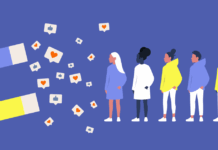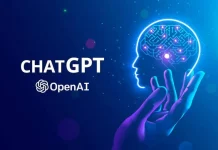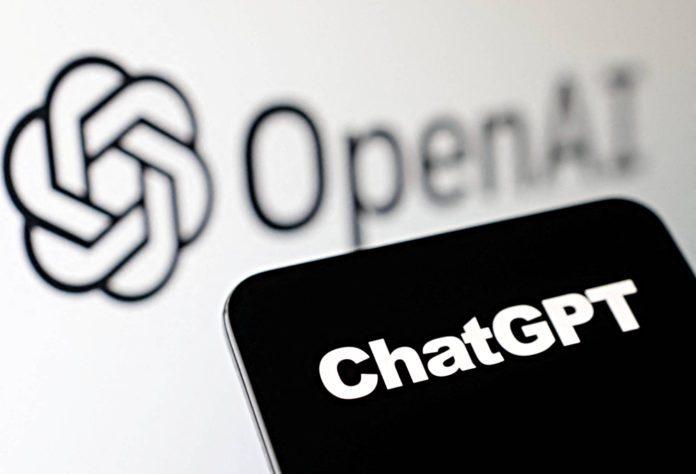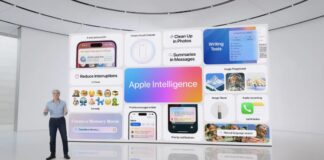Chat GPT, powered by advanced language models, has taken the world by storm with its ability to engage in human-like conversations. However, despite its popularity, there exists a subset of people who harbor disdain towards using this AI model. In this article, we delve into the reasons behind this love-hate relationship and shed light on the factors that contribute to the criticism surrounding Chat GPT.
1. Lack of Authentic Human Connection
One of the primary concerns expressed by critics is the absence of genuine human interaction when conversing with Chat GPT. While the model strives to simulate human-like responses, it isn’t very successful at that. It lacks the emotional depth and empathy that come naturally to human conversations. Some individuals prefer the authenticity and nuanced understanding that only human interactions can provide.
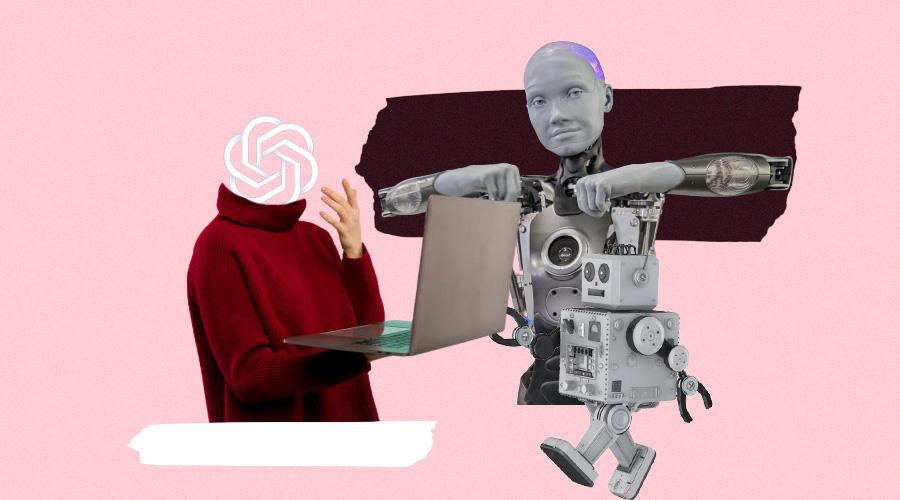
2. Potential for Misinformation and Bias
Chat GPT relies on vast amounts of training data, which can inadvertently introduce biases and perpetuate misinformation. Critics worry that the model’s responses may reinforce stereotypes or disseminate inaccurate information, leading to a loss of trust and credibility. The responsibility of fact-checking and ensuring accuracy often falls on the user, making some hesitant to fully embrace Chat GPT.
3. Ethical Concerns and Misuse
The powerful capabilities of Chat GPT raise ethical dilemmas. The technology can be misused for malicious purposes, such as generating fake news, impersonation, or engaging in harmful activities. These concerns highlight the need for responsible and ethical usage of Chat GPT to prevent its potential misuse.
4. Overreliance on AI
Detractors argue that an overreliance on AI-driven conversational agents like Chat GPT can lead to a decline in human communication skills. Excessive dependence on such technology may hinder the development of interpersonal connections and critical thinking abilities. Some individuals prefer traditional, human-centered communication methods as a way to foster genuine connections.

The love-hate relationship with Chat GPT stems from a range of concerns, including the lack of authentic human connection, potential misinformation and bias, ethical considerations, and fears of overreliance on AI. While Chat GPT undoubtedly offers remarkable conversational abilities, it is crucial to address these concerns and continue refining the technology to align with user expectations and societal needs.
By acknowledging the limitations and striving for responsible usage, we can maximize the benefits of Chat GPT while minimizing its drawbacks, fostering a more nuanced and informed approach to AI-driven conversational agents.
What are your thoughts on Chat GPT? Let us know in the comments below.
Stay tuned to Brandsynario for more news and updates.




